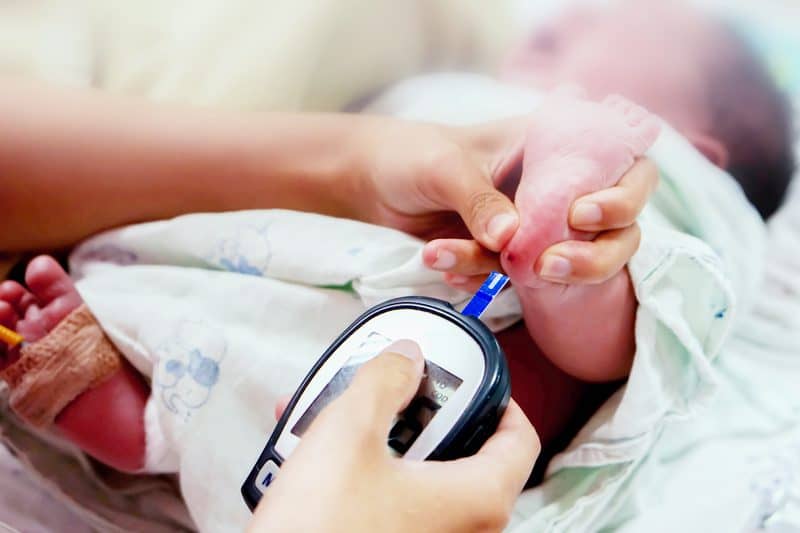The National Capital Consortium for Pediatric Device Innovation (NCC-PDI) announces five awardees chosen in its “Make Your Medical Device Pitch for Kids!” competition. Each received a share of $150,000 in grant funding from the U.S. FDA, with awards ranging from $20,000 to $50,000 to support the advancement of pediatric medical devices.
Consistent with its mission of addressing the most pressing pediatric device needs, this year’s competition, moderated by MedTech Innovator, welcomed medical device technologies that address the broad unmet needs of children. The pediatric pitch event was part of the 10th Annual Symposium on Pediatric Device Innovation, co-located with the MedTech Conference, powered by AdvaMed.
This year’s pediatric device innovation awardees are:
- CorInnova—Houston: A minimally invasive biventricular non-blood contacting cardiac assist device to treat heart failure.
- Innovation Lab—La Palma, Calif.: Mechanical elbow brace stabilizes tremors for pediatric ataxic cerebral palsy to improve the performance of Activities of Daily Living, or ADLs.
- Prapela—Biddeford, Maine: Prapela’s incubator pad is the first innovation to improve the treatment of apnea of prematurity in more than 20 years.
- Tympanogen—Richmond, Va.: Perf-Fix replaces surgical eardrum repair with a nonsurgical clinic procedure.
- Xpan—Concord, Ont.: Xpan’s universal trocar enables the safest and most dynamic access and effortless upsizing in conventional/mini/robotic procedures.
“We are delighted to recognize these five innovations with critical NCC-PDI funding that will support their journey to commercialization. Improving pediatric healthcare is not possible without forward-thinking companies that seek to address the most dire unmet needs in children’s health,” says Kolaleh Eskandanian, PhD, MBA, PMP, vice president and chief innovation officer at Children’s National Hospital and principal investigator of NCC-PDI.
“We know all too well how challenging it is to bring pediatric medical devices to market, which is why we have created this rich ecosystem to identify promising medical device technologies and incentivize investment,”Eskandanian adds. “We congratulate this year’s winning innovators and applaud their efforts to help bridge these important care gaps that are impacting children.”
NCC-PDI is one of five consortia in the FDA’s Pediatric Device Consortia Grant Program created to support the development and commercialization of medical devices for children, which lags significantly behind the progress of adult medical devices. NCC-PDI is led by the Sheikh Zayed Institute for Pediatric Surgical Innovation at Children’s National and the A. James Clark School of Engineering at the University of Maryland, with support from partners MedTech Innovator and design firm Archimedic.
“For too long, we have seen how doctors and other healthcare professionals have had to retrofit and adapt medical technologies to make them work for children. This grant funding will provide critical support to viable medical technologies specifically engineered to cater to the unique growth and developmental needs of children,” says William E. Bentley, Ph.D., Robert E. Fischell distinguished professor and director of the Robert E. Fischell Institute for Biomedical Devices at the University of Maryland. “We are delighted by the progress made from their initial pitches and congratulate them on taking this important next step forward.”
A pediatric accelerator program, powered by MedTech Innovator, the largest medical device accelerator in the world, is a key part of the network of resources and experts that NCC-PDI provides in support of pediatric innovators. All five of this year’s competition finalists had an opportunity to participate in the year-long accelerator program.
“It has been a privilege to support these pioneering medical technologies during MedTech Innovator’s accelerator program. As part of this latest cohort, these companies had access to a customized curriculum, an active peer network and other resources that could help them successfully advance their devices to the market,” says Paul Grand, CEO and founder of MedTech Innovator.
“While the challenges that continue to hinder pediatric innovation are not small, we are proud of our ability to leverage the world’s leading device ecosystem to help life-saving medical technologies successfully reach the children and families that need them,” Grand adds.
To date, NCC-PDI has mentored 250 medical device projects to help advance their pediatric innovations throughout all stages of the total product life cycle.





